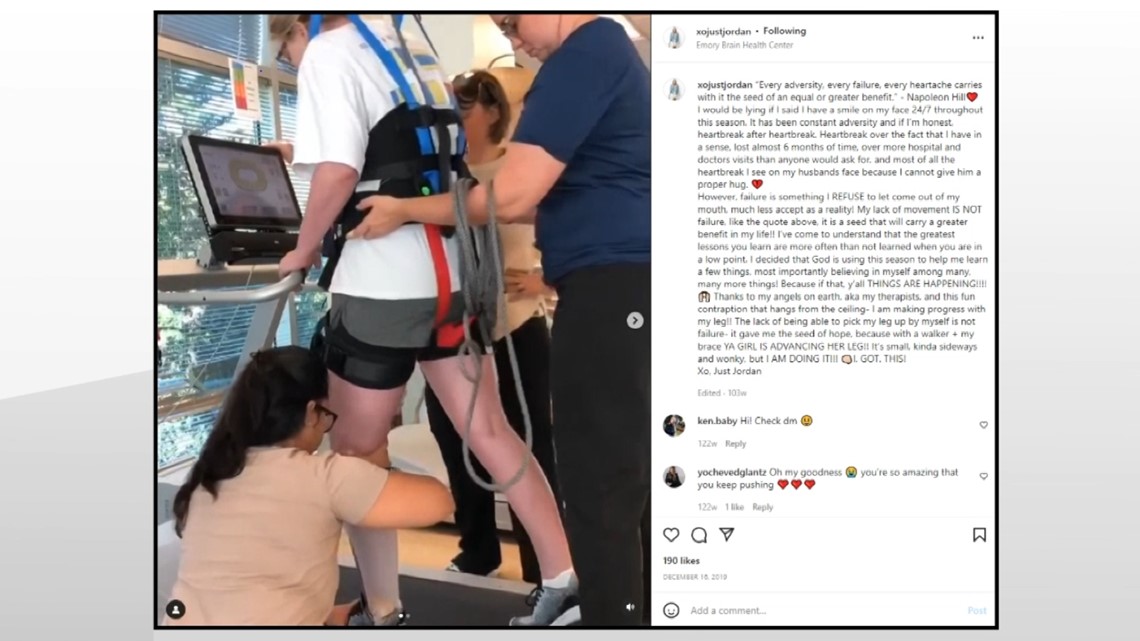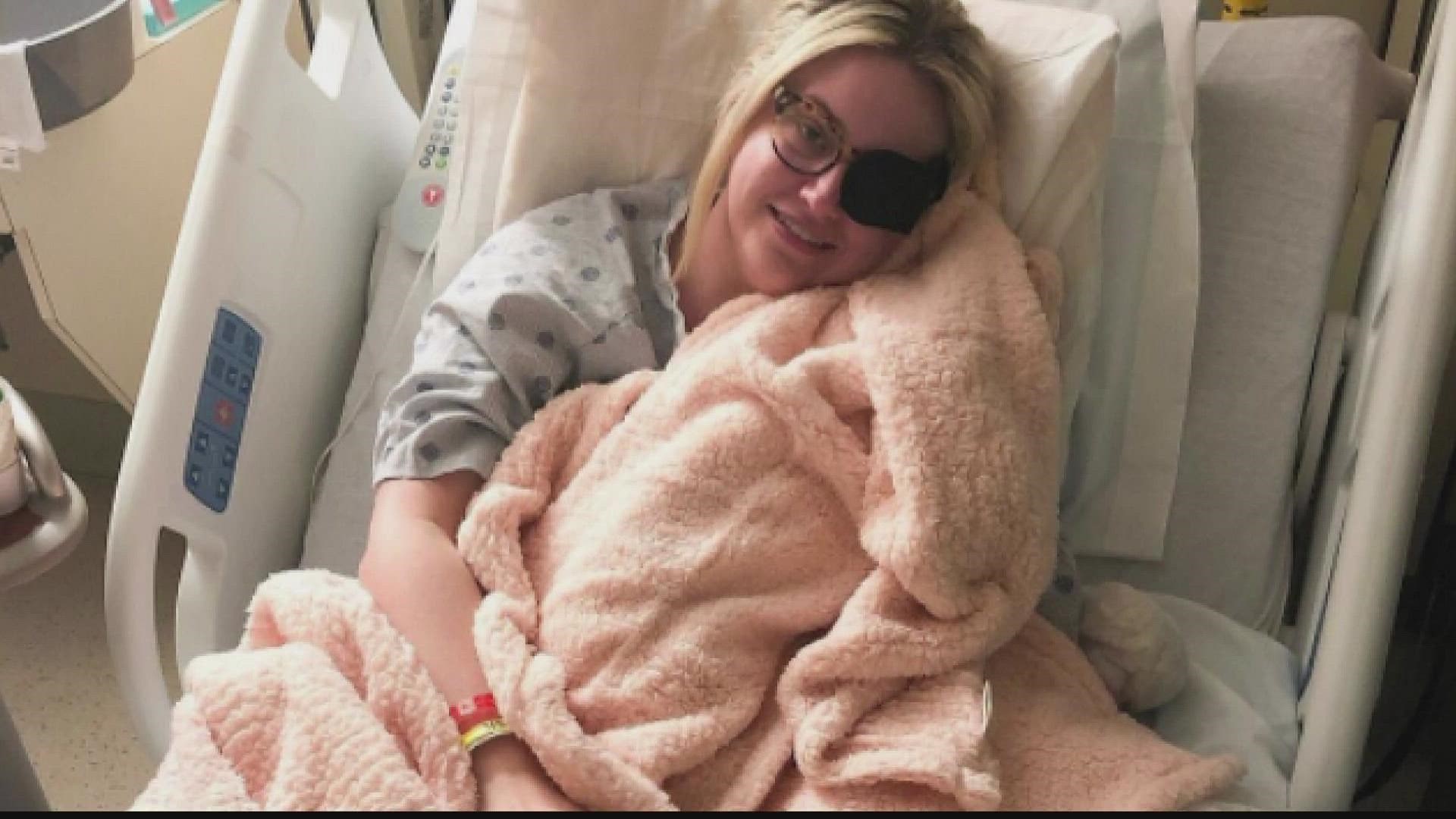ATLANTA — Typically you don’t think of strokes affecting younger adults, but data released this week from the American Heart Association finds the number of people under 50 who’ve been hospitalized for a stroke has more than doubled in the last 15 years.
Georgia is in what’s called the “stroke belt." The state's rate is about 14% higher than the national average, according to the Georgia Department of Public Health.
Researchers do not know for certain what is causing the rise in strokes among young people. However, according to the CDC weight, smoking, high blood pressure and physical trauma can play a factor.
Even with the case numbers rising, stroke deaths are decreasing, according to American Heart Association data. Researchers believe a large part of that mortality decline is due to a rise in awareness of the signs and symptoms.
Jordan Plunkett had a stoke at only 29 years old.
“Springtime of 2019 I started noticing I would be having these conversations and out of nowhere I didn't know who I was talking to," she explained. "Headaches were pretty much all day, every day. I was dropping things out of my left hand. I started having these dizzy spells as well.”
Plunkett clearly remembers not just the symptoms but how she also explained them away.
“I was a boss lady, I worked so hard," she said. "I kind of chalked it up to that. I was just like, 'all right, I'm exhausted. I'm not paying attention.' Your first thought is never this could be catastrophic, this could be massive.”
But an unexpected fall followed by facial drooping had Plunkett and her husband Brad rushing to the ER.
Doctors initially diagnosed her with multiple sclerosis.
“I immediately went into the MS protocol," she said. "I fit literally every symptom qualification besides the lesions."
It took over a year and a second opinion to discover she never had MS, but was suffering from a spinal fluid leak and multiple strokes.
In that time she’d become paralyzed.


“It was very easy to slip to like, 'would I be fine now? Would I be walking now if they had treated me correctly for that long?'” Plunkett explained.
She'd become a victim of the 4th most common medical misdiagnosis, especially since young healthy people have been historically low risk for stroke.
“We were terrified when we thought that we had to start over," Plunkett said. "But it saved my life."
After months of rehabilitation, Plunkett discovered the Bioness device, which uses electric stimulation to help users walk.
A crowdfunding effort by her husband Brad's company covered the $6,000 out of pocket cost.
“It’s just the best gift I truly think I'll ever receive," she said. "I got my life back."
Hannah Stark, an occupational therapist and representative for Bioness, helped Plunkett learn how to use the device.
"She's just tenacious even through everything that she's been through," Stark said. "She works so hard."
Stark explained that the device uses functional electrical currents to stimulate the nerve which goes to the muscle.
"Most people are just so beyond ecstatic to see their foot come up for the first time when that brain connection isn't there," she said.
Meanwhile, Plunkett is still working on her recovery, and raising awareness.
“As scary as it is, don't be afraid to speak up for yourself," she said. "Throughout this process, I've learned to feel beautiful in my own skin and my situation. I'm going to take this day by day.”
You can follow Jordan's recovery journey on Instagram here.
The good news is in most cases, stroke is preventable and treatable if caught early. Remember the acronym BE FAST:
B - Balance
Is the person suddenly having trouble with balance or coordination?
E - Eyes
Is the person experiencing suddenly blurred or double vision or a sudden loss of vision in one or both eyes without pain?
F - Face Drooping
Does one side of the face droop or is it numb? Ask the person to smile.
A- Arm Weakness
Is one arm weak or numb? Ask the person to raise both arms. Does one arm drift downward?
S - Speech Difficulty
Is speech slurred, are they unable to speak, or are they hard to understand? Ask the person to repeat a simple sentence like, “The sky is blue.” Is the sentence repeated correctly?
T - Time to call 911
If the person shows any of these symptoms, even if the symptoms go away, call 911 and get them to the hospital immediately

